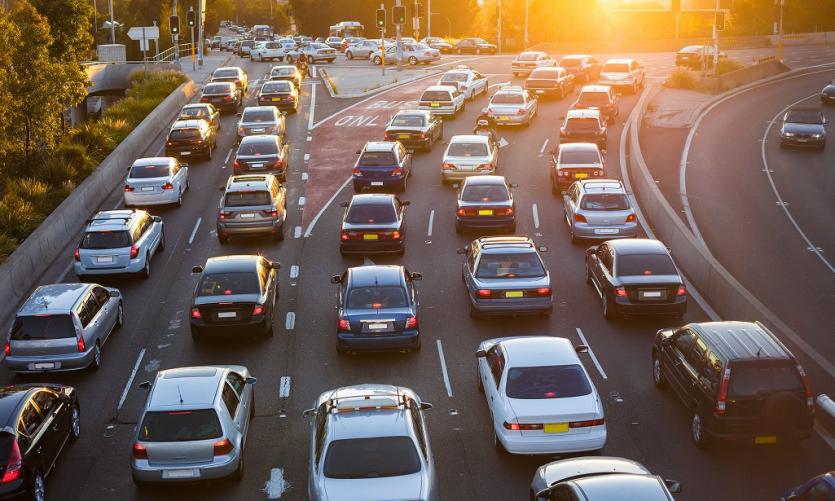Photo:Getty
By Patryk Krych | The World Daily | MARCH 12th 2021
Despite making up only 1% of the country, a study has found that roads in the UK have a severe pollution effect on over 70% of Britain, posing a great risk to both human health and wildlife.
The research, recently published in the journal ‘Science and Total Environment’ highlights the issues of roads in the UK, and how despite claiming so little land, they have such a severe and polluting effect on a lot of the country’s wildlife and ongoing health issues.
“The ubiquity of road pollution should be seriously considered as a potential contributor to global and regional-scale environmental issues such as insect declines,” the researchers involved the study had concluded. “We found that 25% of land was less than 79 metres from a road, 50% of land was less than 216 metres away and 75% of land was less than 527 metres from a road.”
What this leads to is the spread of tiny though pollutant particles released through the burning of fossil fuel, nitrogen dioxide from diesel vehicles, as well as instances of noise pollution. Though the dangers of fossil fuels are well-known, the research reveals that the effects may be far more widespread in the UK than previously imagined.
The impacts of such pollution on human health are serious, with studies suggesting that not just the lungs, but every organ in the body may be prone to damage on account of air pollution.
“Air pollution can harm acutely, as well as chronically, potentially affecting every organ in the body,” said scientists from the Forum of International Respiratory Societies. “Ultrafine particles pass through the [lungs], are readily picked up by cells, and carried via the bloodstream to expose virtually all cells in the body.”
Furthermore, researchers added that even low levels of pollution that may not affect humans as severely will still have adverse effects on certain wildlife, such as birds, mammals and even insects. This combined with the mass spread of roads throughout the UK may spell disaster for much of its wildlife.
“In Great Britain, we basically live on an island completely covered by roads,” said Ben Phillips from University of Exeter in the UK, who had led the study. “We found half of land is no more than 216 metres from a road. That’s a really shocking and quite depressing statistic and it seems like that would have massive environmental consequences.”






